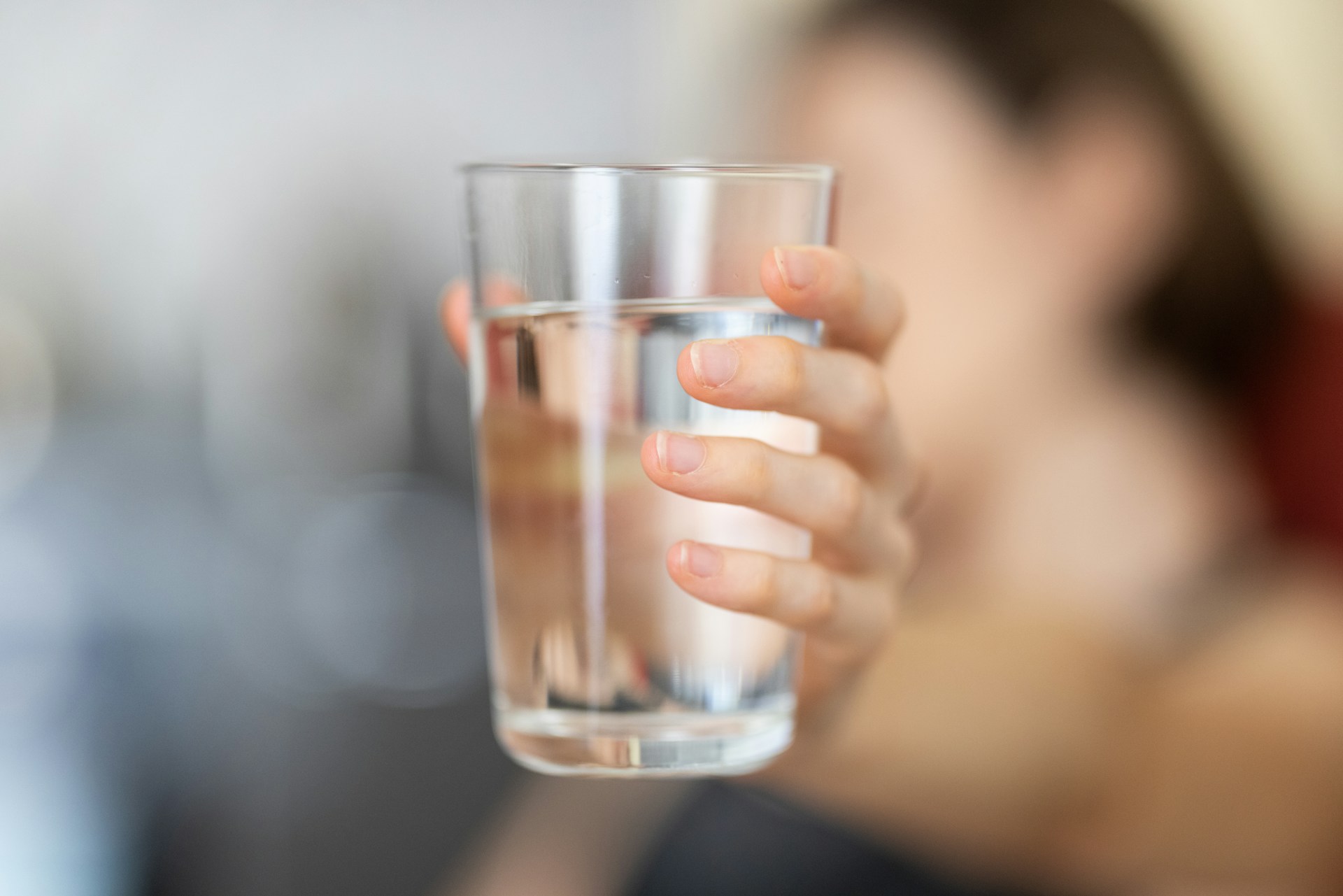Water is #1 when it comes to your brain function!

Water is #1 when it comes to your brain function!
by Sarah Costa, CMT
Memory:
Focus:
When you don’t drink enough water, it affects both your short-term and long-term memory. Research has shown that even a slight decrease of 2% in water levels in your brain can impair memory. For example, you might find it harder to remember a phone number you just heard or details from a meeting earlier in the day.
As the hydration level of the brain decreases, it becomes harder to focus and concentrate. This means tasks that usually take a few minutes can end up taking much longer and require more effort. You might notice this when trying to work on a project or study for a test and finding it difficult to stay on track.
Efficiency:
When your brain is dehydrated, your overall efficiency and productivity suffer. This can affect your performance at work or school, leading to longer hours spent on tasks and less free time for other activities.
Reaction Time:
If your brain is not properly hydrated, your reactions slow down. This can be particularly dangerous when driving, boating, or even playing sports. Slow reaction times can lead to accidents and injuries because you’re not able to respond quickly to changes in your environment.
Performance:
A slow reaction time also affects your overall performance, whether in sports or at work. In athletics, being well-hydrated can mean the difference between winning and losing. At work, it means being able to handle tasks efficiently and effectively, maintaining a high level of productivity.
Energy:
When you suddenly feel tired, it’s tempting to reach for sweets, coffee, or soda. However, this tiredness is often one of the first signs of dehydration. Drinking water can provide a quick boost in energy and help you feel more awake and alert without the crash that comes from sugary or caffeinated drinks.
Pain:
Being water deficient means your blood has less capacity to carry oxygen to your body, increasing pain. This can manifest as headaches, muscle aches, and overall discomfort, making it harder to get through your day.
Summer is here, and it’s HOT!
It’s time to be outdoors and enjoy life. For many of us, that means spending time in the sun with our families and friends. Safety comes first, and part of staying safe in the Sacramento heat is staying hydrated.
Mental Clarity and Decision Making:
When you become severely dehydrated, you may experience brain fog, confusion, and incoherence. This lack of mental clarity can lead to accidents and poor decision-making. You might find it harder to think clearly, make decisions, and stay productive in hot weather.
Signs of Dehydration:
We often hear about the major signs of dehydration: headache, light-headedness, thirst, dry or sticky mouth, dark urine or little urine, dry cool skin, and muscle cramps. However, one of the earliest signs is tiredness, along with an inability to make decisions or think clearly. Good water balance increases concentration and cognition, helps balance moods and emotions, and reduces stress.
Enhancing Mental and Physical Performance:
If you want to improve your mental or physical performance, drink water. Decreased water content in the brain can cause it to function less efficiently. This can affect your short-term memory or the recall of long-term memory, leading to brain fog, exhaustion, headaches, sleep issues, stress, anger, and depression.
Prolonged dehydration can cause the gray matter in the brain to shrink, resulting in premature aging of the brain. Maintaining hydration is crucial because brain chemistry is finely balanced. While the exact percentage can vary, the brain is well over 70% water.
Misconceptions About Hydration:
A common misconception is, “but I drink coffee, tea, soda, etc. instead. There is water in all of those.” While these beverages do contain water, they also contain other chemicals such as sugar, preservatives, phosphoric acid, carbonic acid, or caffeine. Many of these chemicals can actually decrease the water level in the brain or disrupt its chemical balance. For optimal brain function, pure water is the best choice.
—
“Staying hydrated is not just about quenching your thirst; it’s about keeping your brain and body functioning at their best. So next time you feel a bit off, remember to drink water first!” – Venice Sullivan